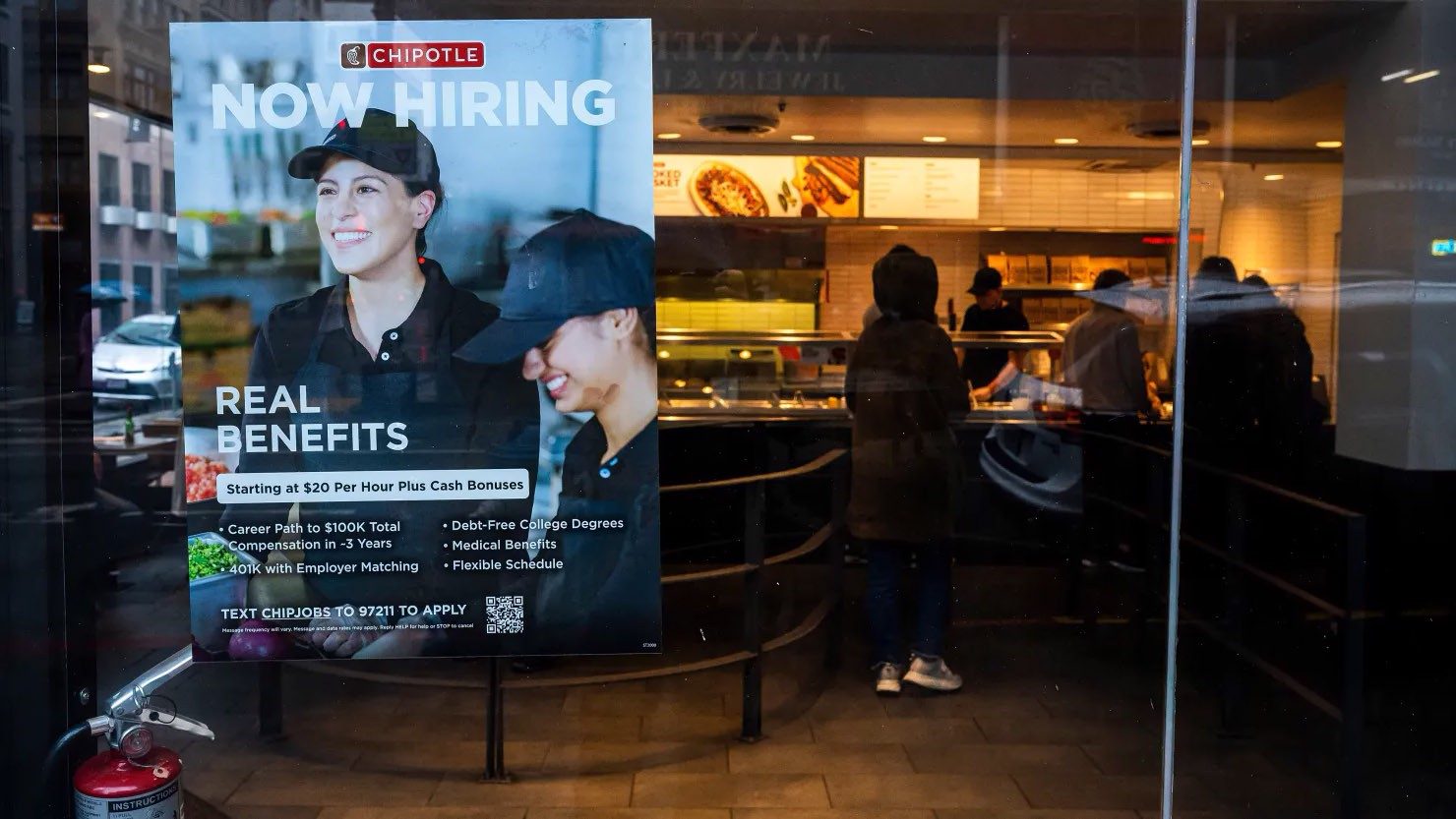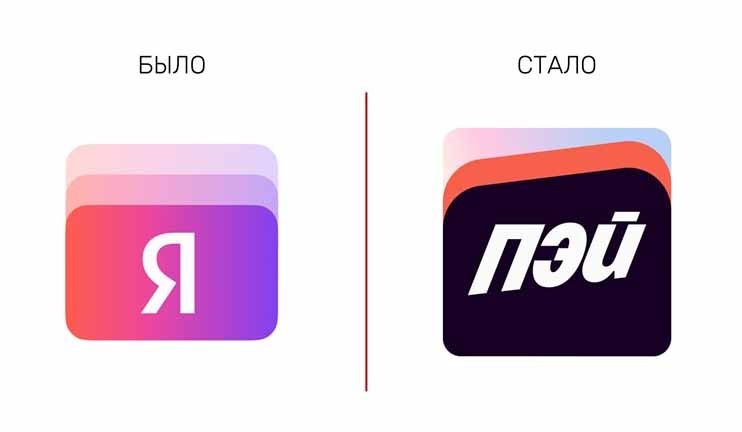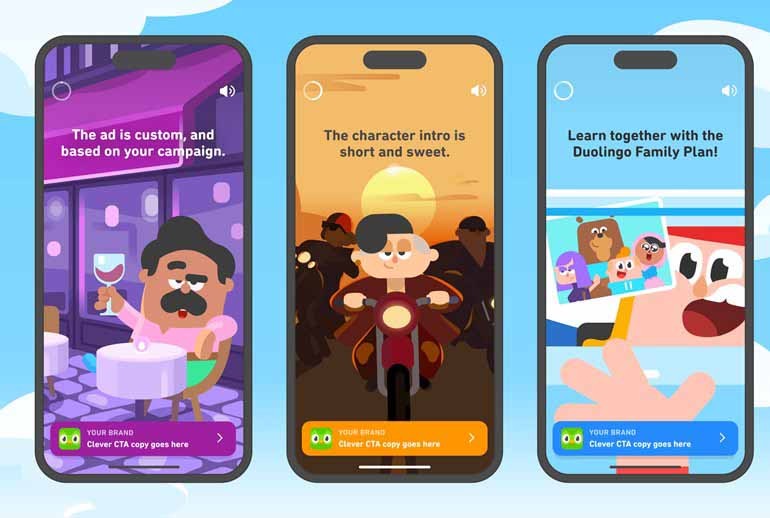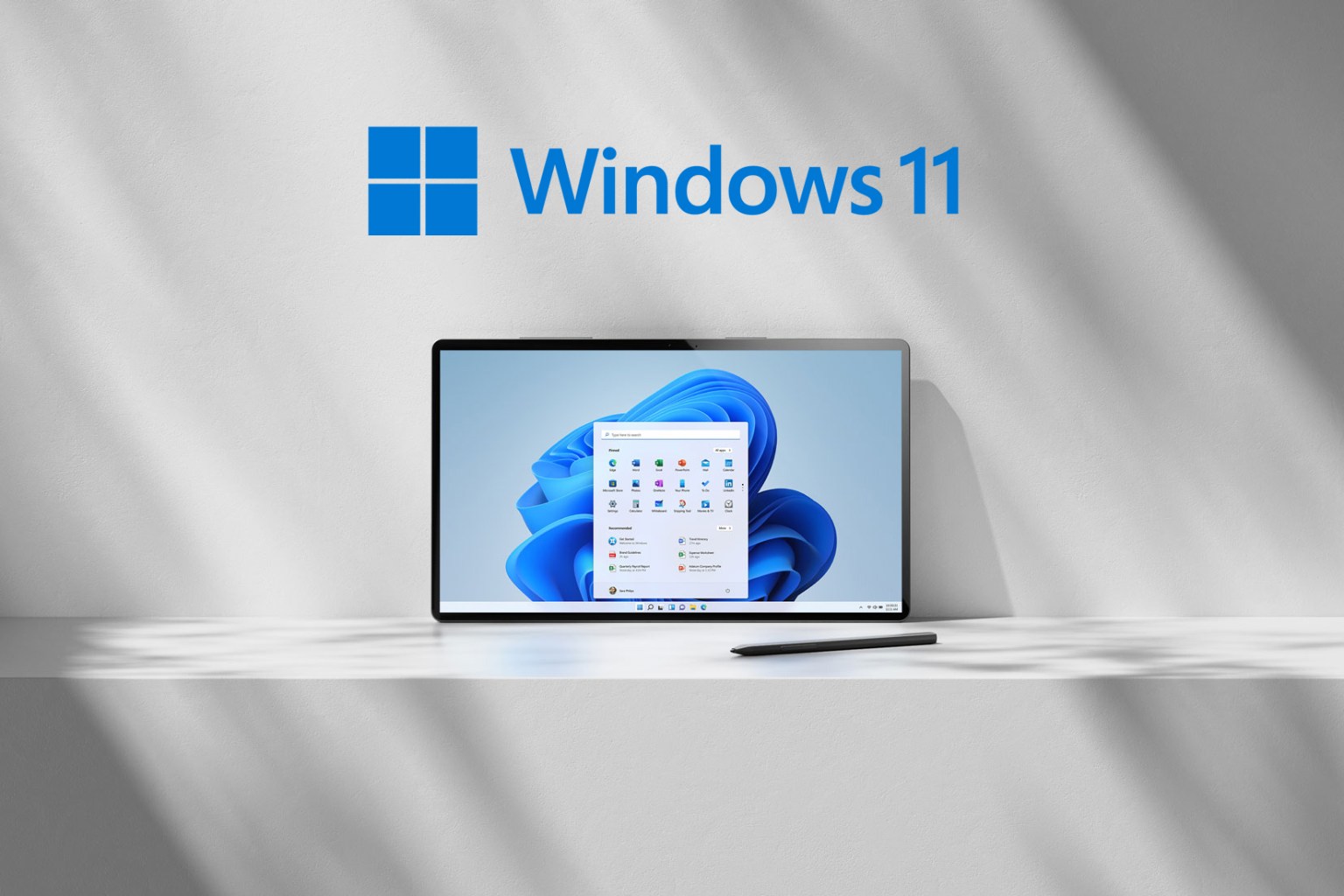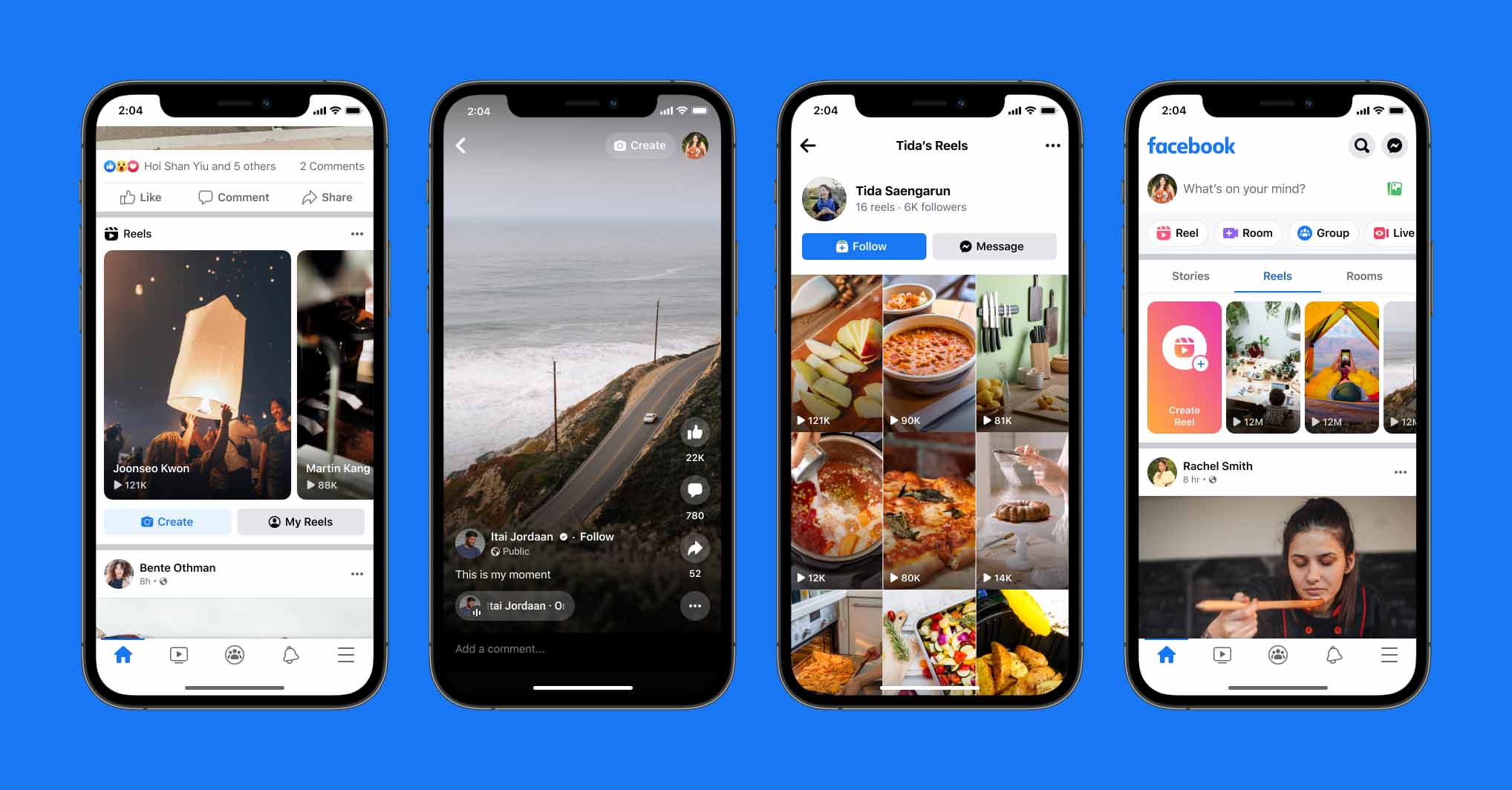Since October 1, the Ozon marketplace introduces new rules for returning goods, which caused a mixed reaction among entrepreneurs. Now unbought orders placed using the FBS model (delivery from the seller's warehouse) will not be returned to the owners, but will automatically be sent to the company's warehouses. The only exception is when the product is damaged.
Until now, sellers still had the choice of picking up unsold goods or leaving them in the marketplace system. The innovation effectively removes this option from sellers and puts them in a mode close to FBO (storage and processing in Ozon warehouses), which implies additional costs and reduced control over product quality.
Entrepreneurs express concern that returnable goods that have not passed inspection in the seller's warehouses will be re-offered for sale without their participation. According to the business, this can lead to a drop in customer confidence, as well as to the fact that even new products will be involved in the cycle of returns and resale, gradually losing market value.
For many market participants, this change means higher costs, loss of flexibility, and the actual reallocation of logistics processes in favor of the marketplace. In practice, this can change the balance between sellers and the marketplace, making entrepreneurs more dependent on Ozon's internal infrastructure.


